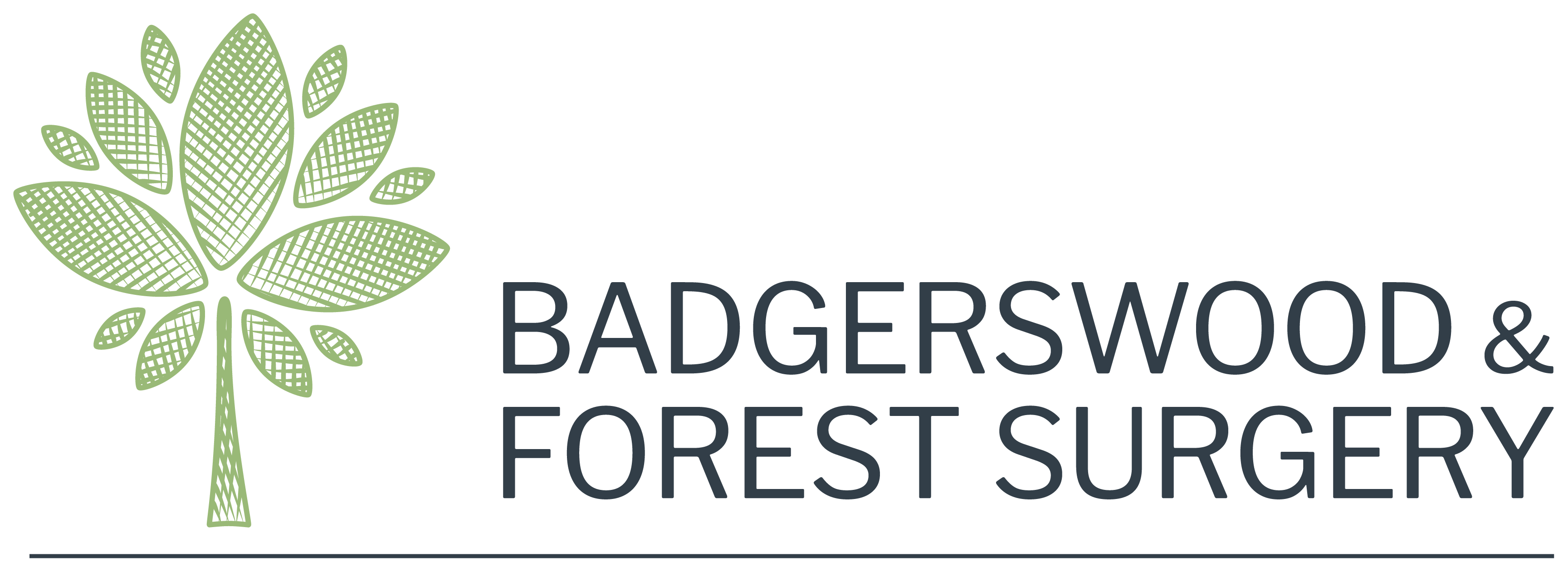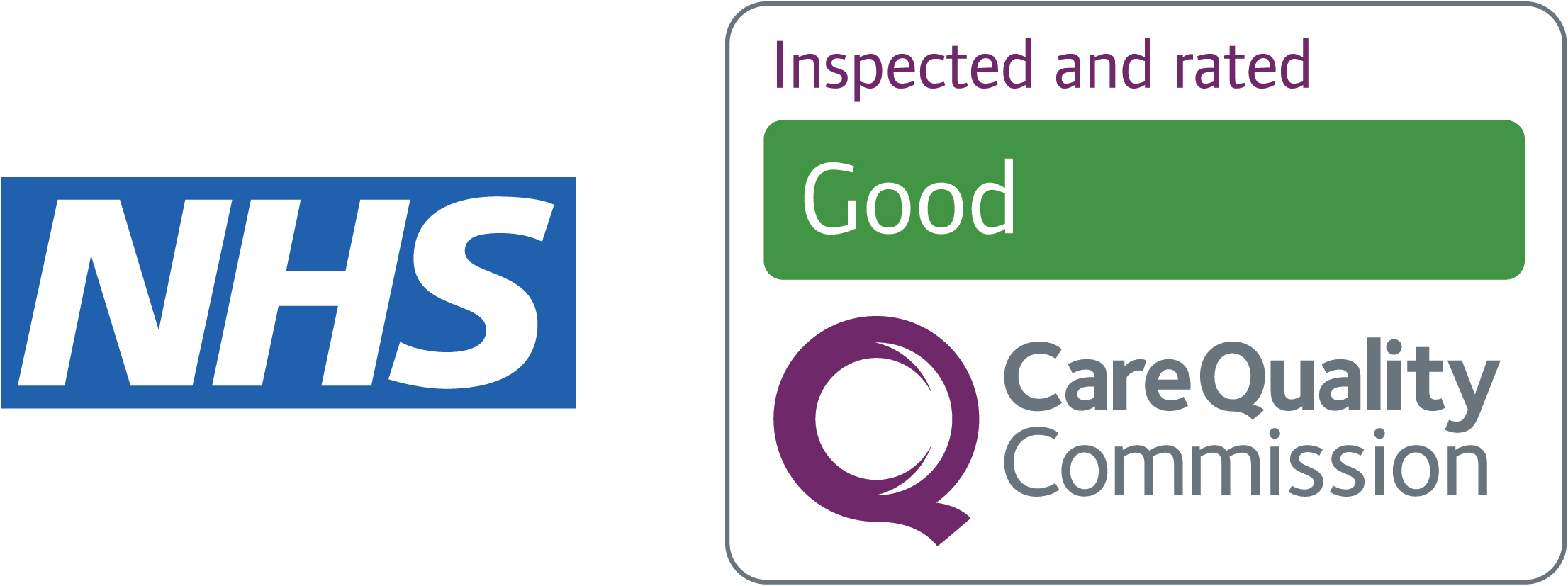FAQs
Why are we sometimes unable to take bloods for your Hospital Consultant?
Any bloods that are taken by us currently go direct to Basingstoke Hospital meaning that requests made by consultants from other Trusts are unable to link up with these. In order to process other bloods, we would need to convert the hospital consultant’s request into our own request, thus transferring the clinical responsibility over from the consultant to us. This is not an ideal situation, as keeping blood test requests under the name of the requesting consultant ensures that clinical decisions are made for patients by the appropriate clinician.
As a Practice, we do not wish to become clinically responsible for bloods which we have not requested. When the bloods are returned to us, it then becomes our responsibility to make a clinical decision for the patient rather than it being a case of simply passing these results on. As a surgery, we have had to review what we do and taking on additional work, which is the responsibility of the hospital, is something we have taken the decision to no longer do.
For those patients who are undergoing treatment at the Royal Surrey County Hospital, we recommend that they have their bloods taken at Haslemere Hospital, as they are linked directly to the Royal Surrey County Hospital.
Can I see a GP on my own?
Age 16 or over
Yes, you can see a GP on your own and agree to your own treatment. Like adults, young people (aged 16 or 17) are presumed to have sufficient capacity to decide on their own medical treatment, unless there is significant evidence to suggest otherwise, in which case you may be overruled.
Under the age of 16
Children under the age of 16 can consent to their own treatment if they’re believed to have enough intelligence, competence and understanding to fully appreciate what’s involved in their treatment. This is known as being Gillick competent.
GP’s also cannot tell your parents about your treatment (even if you are under 16) if you don’t want them to, apart from in very exceptional circumstances. This is called doctor-patient confidentiality, and all doctors and nurses are legal bound by it.
Are you a Military Veteran?
All veterans, service leavers, non-mobilised reservists and their family members and carers can access a range of specialist healthcare and support created to provide treatment and care for many different problems.
Who counts as a veteran?
- You are a veteran if you have served in the armed forces for at least 1 day.
- Reservists who are not mobilised are also given the status of veteran until they return to actively serving.
In conjunction with the pledge from the UK government, we are aiming to support military veterans with priority NHS care for any condition, as long as it is related to their service.
If this applies to you, please inform reception.
Why does the receptionist need to ask what’s wrong with me?
The reception staff are members of the practice team and it has been agreed they will ask patients ‘why they need to be seen’. Reception staff are trained to ask certain questions to ensure that you receive:
- The most appropriate medical care,
- From the most appropriate health professional,
- At the most appropriate time.
Reception staff, like all members of the team, are bound by confidentiality rules
- Any information given by you is treated strictly confidentially. The Practice takes any breach of confidentiality very seriously.
- You can ask to speak to a receptionist in private away from reception.
- However if you feel an issue is very private and do not wish to say what this is then this will be respected
Can I have a chaperone?
We are committed to providing a safe, comfortable environment where patients and staff can be confident that best practice is being followed at all times and the safety of everyone is of paramount Importance.
A chaperone is an independent person, appropriately trained, whose role is to independently observe the examination/procedure undertaken by the doctor/health professional to assist the appropriate doctor-patient relationship.
The GMC guidance in Good Medical Practice 2013 indicates:
A chaperone should usually be a health professional and you must be satisfied that the chaperone will:
- Be sensitive and respect the patient’s dignity and confidentiality
- Reassure the patient if they show signs of distress or discomfort
- Be familiar with the procedures involved in a routine intimate examination
- Stay for the whole examination and be able to see what the doctor is doing, if practical
- Be prepared to raise concerns if they are concerned about the doctor’s behaviour or actions.
All patients are entitled to have a chaperone present for any consultation, examination or procedure where they feel one is required. Wherever possible we would ask you to make this request at the time of booking appointment so that arrangements can be made and your appointment is not delayed in any way.
Where this is not possible we will endeavour to provide a formal chaperone at the time of request. However occasionally it may be necessary to reschedule your appointment.
Your healthcare professional may also require a chaperone to be present for certain consultations in accordance with recommendations from our regulated bodies.
What is a Shared Care Agreement?
A Shared Care Agreement (SCA) is a formal agreement between secondary care and primary care. It allows General Practitioners to accept the responsibility for the safe prescribing and monitoring of specialist medicines.
SCAs are often used for medication that require ongoing monitoring such as treatment for ADHD, Rheumatoid Arthritis, Psoriasis, and more.
SCAs will only be accepted by the GP if the request meets all the NHS guidelines for that particular drug, and if the GP feels well supported by the specialist/provider to do so.
GPs are under no obligation to accept shared car, so if a shared care request is rejected by the GP, then the patient would need to continue getting their medication prescribed by the specialist.
